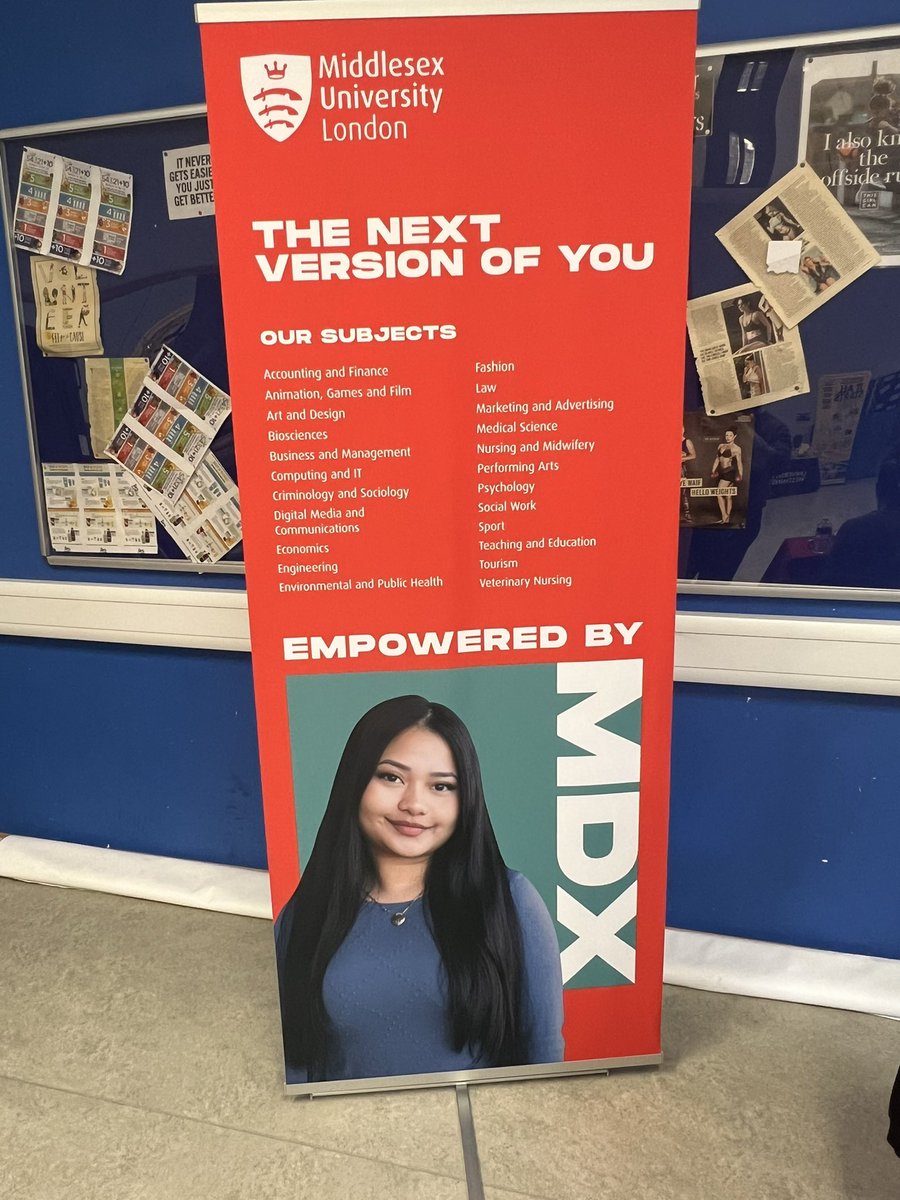Criminology
In Criminology we delve deeper into the world of criminal behaviour and the processes that surround it. Our learners will use their skills to evaluate structures effectiveness within the criminal justice system and will draw conclusions from this in order to understand our British system better. We use case studies that are of interest to our learners to enhance their understanding and encourage deeper thinking in relation to just verdicts and whether punishment works. We give the tools to truly understand punishment – the way it works, if it works and why we see high offending rates. We take the students on a criminological journey from understanding campaigns for change and understanding social issues that society is or has changed, through to famous psychologist, biologist and sociologists and help our students to apply those to famous case studies, to court cases and evidence collecting with them finally evaluating a court case, to the last part of their understanding which Is law based. Criminology is exciting and something that is always on the agenda – we give our students the tools to understand it better and give valuable judgements on crime today.
Principles
Students will learn by;
- Challenging each other with respect and intrigue to understand crime and punishment
- Through a variety of key concepts such as campaigns for change, Psychodynamic, eyewitness testimonies and recidivism
- Evaluating theories of criminality using alternative ways of thinking and critiquing theories throughout the ages
- Using extended writing to apply our knowledge and to discuss, outline, explain crime, the criminal justice system and criminal behaviour.
- To create a understanding and well-rounded learners who can be autonomous, determined, and creative in all walks of life.
KS5 Content
Changing Awareness of Crime
The purpose of this unit is for learners to plan campaigns for change relating to crime. Not all types of crime are alike. What different types of crime take place in our society? What kinds of crime exist about which we know very little, or which are simply not reported to the police and the media? Who decides what behaviours should be against the law? Who gathers information about crime? Can this information be trusted? Police gather information about crime; but the data can be inaccurate. Criminologists have developed procedures to learn about crime, but these too have their limitations.
At the end of this unit, you will have gained skills to differentiate between myth and reality when it comes to crime and to recognise that common representations may be misleading and inaccurate. You will have gained the skills to understand the importance of changing public perceptions of crime. You will be able to use and assess a variety of methods used by agencies to raise awareness of crime so that it can be tackled effectively. You will have gained the skills to plan a campaign for change in relation to crime; for example to raise awareness, change attitudes or change reporting behaviour
Criminological Theories
The purpose of this unit is for learners to apply their understanding of the public perceptions of crime and campaigns for change studied with criminological theories to examine how both are used to set policy. How do we explain why people commit crime? What makes someone a serial killer, or abusive to their own families? Criminologists have produced theoretical explanations of why people commit crime, but which is the most useful? Are these theories relevant to all types of crime?
By undertaking this unit, you will learn to support, challenge and evaluate expert opinion and be able to support your ideas with reliable and factual evidence. At the end of this unit you will have gained the skills to evaluate some criminological theories and know there are debates within the different theories. You will understand how changes in criminological theory have influenced policy
Crime Scene to Courtroom
Through this unit, learners will develop the understanding and skills needed to examine information in order to review the justice of verdicts in criminal cases. What are the roles of personnel involved when a crime is detected? What investigative techniques are available to investigators to help to identify the culprit? There are strict rules as to how evidence is collected from a crime scene and also strict rules governing the giving of evidence in court; learning about these rules will allow you to review the trial process and assess whether the aims of the criminal justice system have been met.
A miscarriage of justice occurs when an innocent person goes to prison and when the guilty person is still free and unpunished. At the end of this unit you will have gained the skills to review criminal cases, evaluating the evidence in the cases to determine whether the verdict is safe and just.
Crime and Punishment
The purpose of this unit is for learners to develop skills in order to evaluate the effectiveness of the process of social control in delivering policy in practice. Why do most of us tend to obey the law even when to do so is against our own interests? What social institutions have we developed to ensure that people do obey laws? What happens to those who violate our legal system? Why do we punish people? Society has had to develop a complex system of mechanisms, processes and organisations to ensure that people do not break the law. If they do commit crime, society needs to be protected from their behaviour. These social institutions each have different mechanisms, ideologies and policies.
You will have gained an understanding of the organisations which are part of our system of social control and their effectiveness in achieving their objectives. As such, you will be able to evaluate the effectiveness of the process of social control in delivering policy in different contexts.
Curriculum Overview


Assessment Overview



















